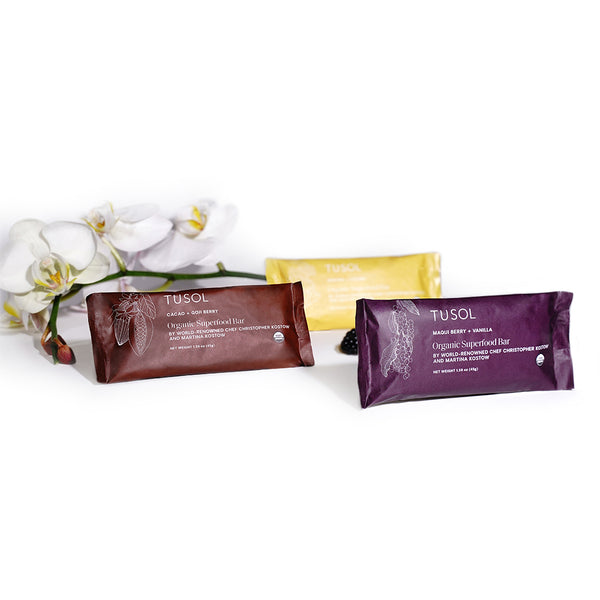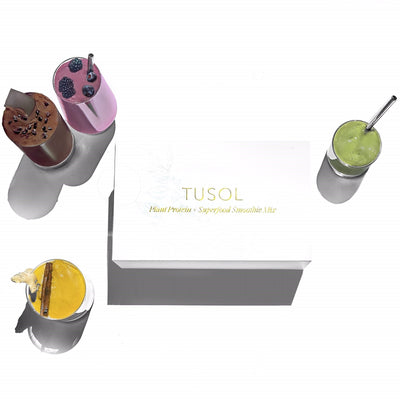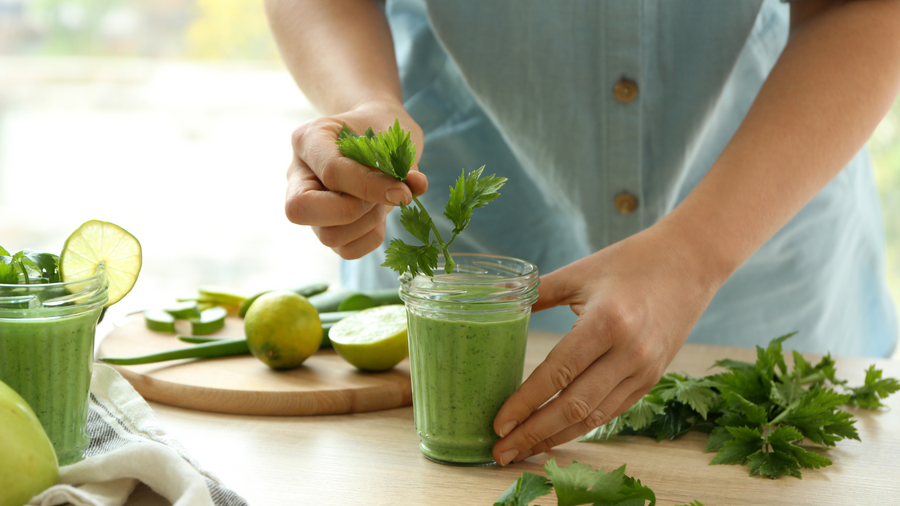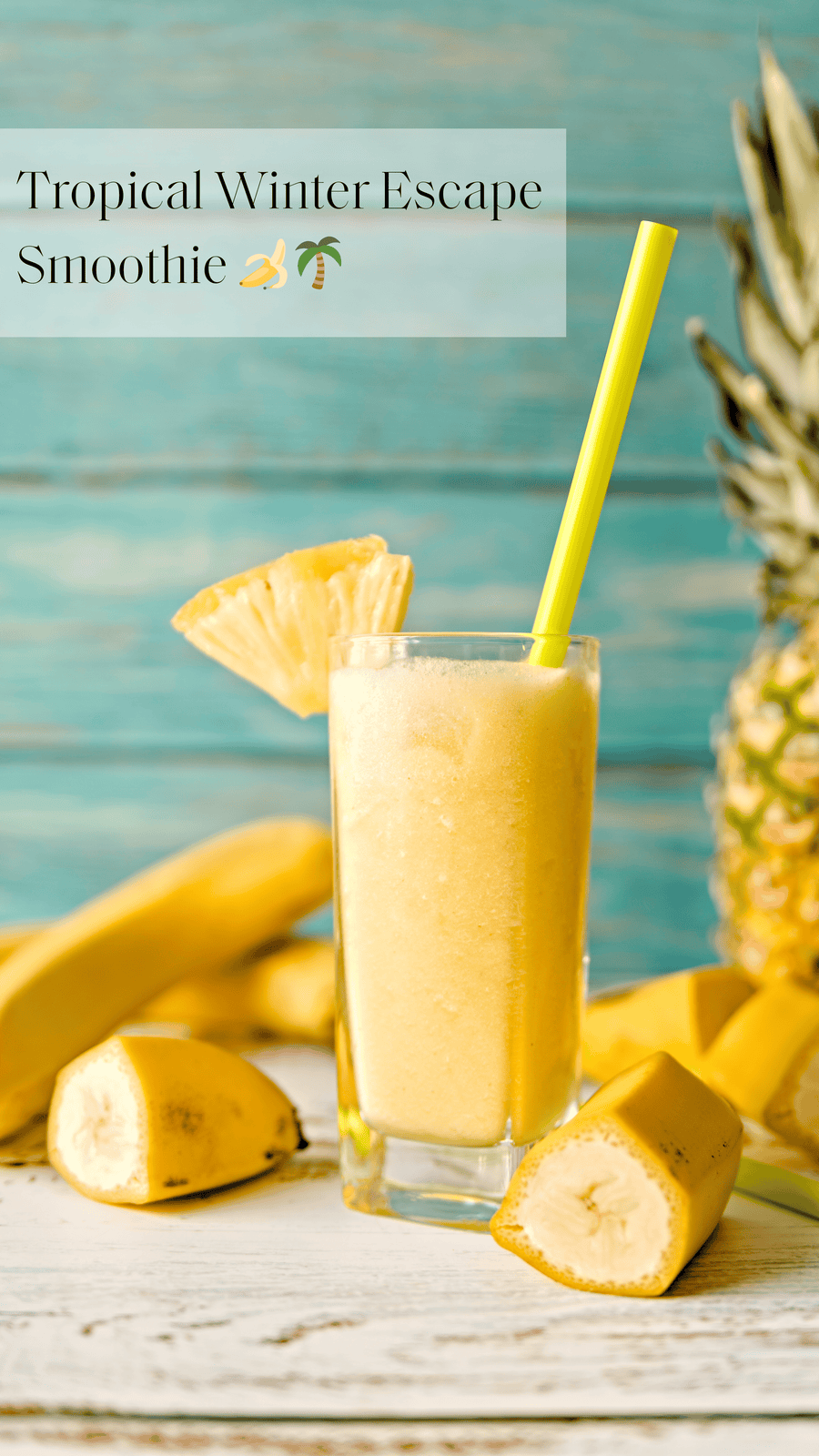How to improve hair health naturally
Whether you suffer from hair loss or simply want to improve the look and feel of your hair, there are a variety of low-effort, natural, and affordable remedies you can try at home. Do you make an effort to follow healthy hair care routines and habits? You may be fighting an uphill battle without even realizing it. You can improve your overall hair health and encourage it to grow quicker by making adjustments to your daily routine. First and foremost, it’s vital to improve your diet and up your nutrient intake. Your hair is comprised of the nutrients within your body, so if you constantly fill your body with processed or fried foods, you aren’t doing your hair a kindness. Make a point to consume more of the natural vitamins you need to keep your hair smooth and silky. You should also consider improving your hair care routine. While no one likes dealing with grease build-up, take care not to wash your hair too frequently, as this can lead to brittle and dry hair. A certain amount of sebum, the natural oil produced in your scalp, is required to maintain healthy, moisture-filled hair. Investing in a good shampoo that fits your unique hair type will further help. This may sound obvious, but it’s also important to limit your use of products and habits that can harm your hair. Avoid harsh chemical products, hair styling tools that require heat, and wearing your hair in tight, scalp-pulling hairstyles. Using a hairbrush made with boar bristles can also help to clean, detangle, and condition your hair all at once. Boar bristles are gentle on hair, minimizing the damage done by brushing, and are known to distribute the sebum more evenly through your hair and scalp.Vitamins for hair
If your body isn’t getting the proper balance of nutrients and vitamins, it’s likely that your hair is suffering as well. Nutrient deficiencies are among the most common causes of hair that is brittle, thinning, breaking, or falling out. Protein is an essential component of hair and hair growth. Keratin is an incredibly important protein for hair strength. It makes up your hair and nails and is considered a key structural building block for maintaining hair strand integrity. Many vitamins and nutrients found in food can help to fortify the keratin in your body, as well as encourage its natural production. Vitamin D and B-Vitamins have both been linked to strong, healthy hair. Vitamin D helps to build and strengthen hair. It’s been found to create new follicles and can stimulate follicles that have become dormant. In addition to food sources, you can increase the amount of Vitamin D in your body by spending more time outside in the sun - being mindful to protect your skin from dangerous overexposure, of course. Deficiency in your B-Vitamins will affect your hair, as well. Vitamin B5 provides flexibility, shine, and strength to your hair, and can help prevent hair loss and graying. Vitamin B7 (often referred to as biotin) and B12 deficiencies are also linked to hair loss. Vitamin E and Vitamin A can help to strengthen hair and reduce breakage. Vitamin E helps to keep your hair thick and lustrous, and can also assist with hair growth. It’s a potent antioxidant, which reduces oxidative stress in the scalp that also contributes to hair loss. Further, Vitamin A helps all of the cells in your body grow, and affects sebum production. Trace essential minerals factor in, as well. Zinc is thought to be essential in protein synthesis, cell growth, and proliferation, which have major effects on hair and skin health. It can actively encourage hair growth in women with PCOS, and also helps to repair the oil glands that surround your hair follicles. Meanwhile, copper is integral for the creation of red blood cells and proper circulation. Without it, your hair growth will slow. Be careful when supplementing. too much Zinc will deplete your copper and vise versa.Hair supplements
Beyond vitamins, there are a number of supplements you can add to your routine to restore healthy feeling to your hair. Essential oils are highly-concentrated extracted oils that are distilled directly from various plants. People have been using oils for various cosmetic or medicinal purposes for centuries, including aromatherapy and naturopathy. Using them as a supplement to your hair care routine is often recommended because they are associated with only low-risk side effects (aside from allergic reactions) when properly diluted in a carrier oil. It should be noted that, in the absence of a specific and proven vitamin deficiency in the body, over-supplementation may actually prove harmful to hair. Vitamins and minerals work in synergy with one another. This is how Mother Nature does it. Its recommended consuming these nutrients via natural food sources unless a doctor has confirmed you have a deficiency. TUSOL wellness smoothies have all the proteins, vitamins and minerals needed to achieve healthy hair. The ingredients are weaved in synergy to help stimulate healthy hair. They are not made in a lab, they come from organic superfoods that contain high amounts of antioxidants and polyphenols that can protect the hair follicle.Food for hair growth and thickness
There is a range of foods you can add to your diet to improve the thickness of your mane and promote healthy hair growth. These foods promote hair growth by providing the nutrients and vitamins your body needs in order to promote thriving, strong, fast-growing hair.- Foods rich in B-vitamins: grass-fed liver, avocados, seafood, and grass-fed dairy products. Stay away from fortified foods (such as breakfast cereal) these contain ferrous iron that is very reactive and would be considered a heavy metal in the body.
- Foods rich in Vitamin D: Mushrooms, egg yolks, beef liver, fatty fish, and grass-fed milk and ghee.
- Foods rich in Vitamin E: Barley, avocado, mangoes and baobab fruit
- Foods rich in Vitamin A: Grass-fed liver, butter, and ghee.
- Foods rich in copper and zinc: Oysters, organ meat, and bee pollen.
Food for hair loss
People that are dealing with hair loss should consult with a medical professional to ensure that their nutrient levels are normal across the board since nutrient deficiencies are known to impact hair loss, hair structure, and hair growth. Like other organs in the body, hair follicles depend on the energy of the mitochondria. Stressors weaken the function of the cells; hair follicles become clogged with mucopolysaccharides (mucin), calcification, and reduced blood flow that lead to low oxygen, oxidative stress and finally, a weakened function of the mitochondria. Thankfully, many of the vitamins you need to combat natural hair loss can be acquired by introducing a healthy diet comprised of nutrients you may be lacking and help the mitochondria provide enough power for the hair follicle to properly function.- Foods rich in antioxidants and Vitamin C: Açai berry, maqui berry, blueberries, rosebud tea, baobab fruit, turmeric, and functional mushrooms like Chaga.
Supplements for hair loss in females
While hair loss is more historically associated with men, it’s actually an issue that affects millions of women. In the United States alone, 21 million women deal with some form of alopecia - or hair loss. There are many potential causes for alopecia in women. These include hormonal changes or disorders (such as Polycystic Ovarian Syndrome or menopause), excess stress, inadequate nutrition, and congenital problems (such as hypothyroidism or hyperthyroidism). Aloe vera has been used throughout history as a solution for various needs. Derived from the aloe vera plant of the family Liliaceae, is widely known for its medicinal and cosmetological importance. Aloe vera is a safe, all-natural option for combatting hair loss. Aloe vera’s composition is packed with vitamins, essential amino acids, minerals such as copper and zinc, and fatty acids. Applying a mask comprised of aloe vera will supply your hair with nutrients it needs, addressing many potential nutritional deficiencies that can lead to hair loss. It also directly contributes to the health of your hair by conditioning it, while also soothing and moisturizing the scalp. Certain essential oils can also assist with hair loss: Cedarwood essential oil is suggested to reduce hair loss by balancing the oil-producing glands in the scalp and improving blood circulation - two common causes of hair follicle weakening. Studies have shown that peppermint essential oil can effectively stimulate hair growth. You’ll feel your scalp tingling from the peppermint essential oil’s fresh, stimulating properties when you apply it to your hair and massage gently. Extracted from the jojoba plant, jojoba essential oil works to moisturize your scalp, stimulate its circulation, and clean it of excess sebum build-up. Rosemary essential oil has been found to assist with hair thickness due to its ability to improve cellular generation. This essential oil stimulates the roots of your hair follicles and increases blood flow circulation in the scalp, which can combat hair loss and lead to faster hair growth. Lastly, a healthy scalp is necessary to combat hair thinning, and geranium essential oil can assist with this. It promotes hair growth by balancing the production of oils and secretions in your scalp.Best hair vitamins for faster hair growth
Micronutrients have been shown to play a major role in the normal hair follicle cycle and its cellular turnover. If your slow hair growth is the result of a vitamin deficiency, you’ll be able to combat this by providing your hair with the nutrients that are low or require regulating. There are a number of vitamins that are linked to healthy hair growth:- Vitamin A - Helps all cells grow and creates sebum for moisturization
- B-Vitamins - Carry oxygen and nutrients to the scalp and follicles
- Vitamin C - Creates collagen and prevents brittle hair and early graying. However, supplementing with ascorbic acid could be damaging. Best to get it from fruits and vegetables.
- Vitamin D - Deficiency is linked to hair loss or alopecia
- Vitamin E - Boosts hair growth and reduces oxidative stress in the scalp














